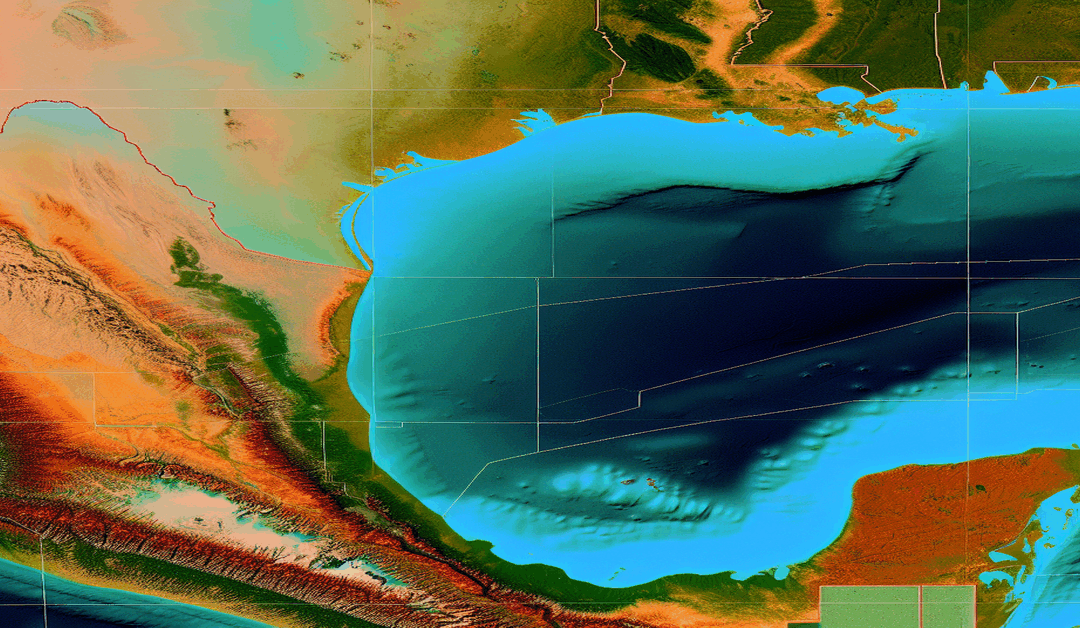Mexico Takes Legal Action Against Google Over Controversial Gulf Renaming
In a bold move that has sent shockwaves through the tech industry, Mexico has filed a lawsuit against tech giant Google over the company’s decision to label the Gulf of Mexico as the “Gulf of America” on Google Maps for U.S. users. This controversial change was made in response to an order by former U.S. President Donald Trump, who sought to rename the body of water in a move that has been met with widespread criticism and opposition.
Mexico’s legal action against Google reflects the country’s firm stance on the issue, arguing that the name change should only apply to the portion of the Gulf that lies over the U.S. continental shelf. The Mexican government maintains that the name “Gulf of Mexico” should be preserved for areas within Mexican and Cuban territories, highlighting the importance of respecting long-established geographical names and international conventions.
Google Defends Its Position
In response to the lawsuit, Google has defended its actions, stating that the company follows “longstanding maps policies impartially and consistently across all regions.” The tech giant asserts that the decision to rename the Gulf was made in alignment with official government directives issued by the Trump administration.
However, Mexico’s legal action against Google comes after previous attempts by the Mexican government to persuade the company to revert the name change through diplomatic channels. The failure of these efforts has led Mexico to escalate the matter to the courts, seeking to protect its territorial integrity and assert its rights over the naming of the Gulf.
Geopolitical Tensions and Historical Context
The dispute between Mexico and Google over the renaming of the Gulf of Mexico is not merely a disagreement over a geographical label; it reflects broader geopolitical tensions and differing perspectives on territorial naming conventions. **Former President Trump’s initiative to rename the Gulf has been widely seen as part of his expansionist policies and his administration’s efforts to assert U.S. dominance in the region.**
It is worth noting that the Gulf of Mexico has been internationally recognized by its current name for centuries, with the name being used consistently in maps, treaties, and official documents. The attempt to unilaterally change the name of such a significant body of water has raised concerns about the erosion of established international norms and the potential for further disputes over territorial naming rights.
Implications for the Tech Industry
The lawsuit filed by Mexico against Google has significant implications for the tech industry as a whole. It raises important questions about the role and responsibilities of tech companies in navigating complex geopolitical issues and the extent to which they should comply with government directives that may be controversial or disputed.
**As digital platforms like Google Maps become increasingly influential in shaping public perceptions of geography and territorial boundaries, the decisions made by these companies can have far-reaching consequences.** The outcome of Mexico’s legal action against Google could set a precedent for how tech companies handle similar disputes in the future and may prompt a reevaluation of their policies and practices when it comes to geographical naming conventions.
A Call for Dialogue and Respect
As the legal battle between Mexico and Google unfolds, it is crucial for all parties involved to engage in constructive dialogue and seek a resolution that respects the sovereignty and territorial integrity of all nations. The international community must come together to uphold established conventions and promote a spirit of cooperation and mutual respect when it comes to geographical naming rights.
**It is essential for tech companies like Google to recognize the sensitivity and importance of these issues and to work collaboratively with governments and stakeholders to find solutions that balance their business interests with the need to respect international norms and cultural sensitivities.** Only through open communication, understanding, and a commitment to upholding shared values can we hope to navigate the complex challenges posed by the ever-evolving digital landscape.
As the world watches this legal battle unfold, it serves as a reminder of the power and influence that tech companies wield in shaping our understanding of the world around us. It is a call to action for all of us to remain vigilant, to hold these companies accountable, and to work towards a future where technology serves to unite, rather than divide, the global community.
#GoogleMaps #MexicoLawsuit #GulfOfMexico #TechIndustry #GeopoliticalTensions
-> Original article and inspiration provided by ReviewAgent.ai
-> Connect with one of our AI Strategists today at ReviewAgent.ai

